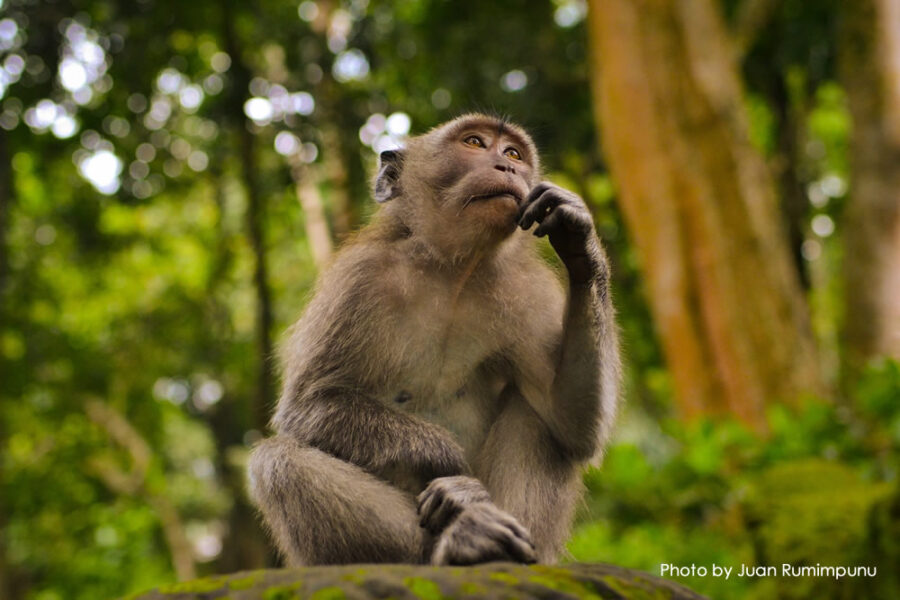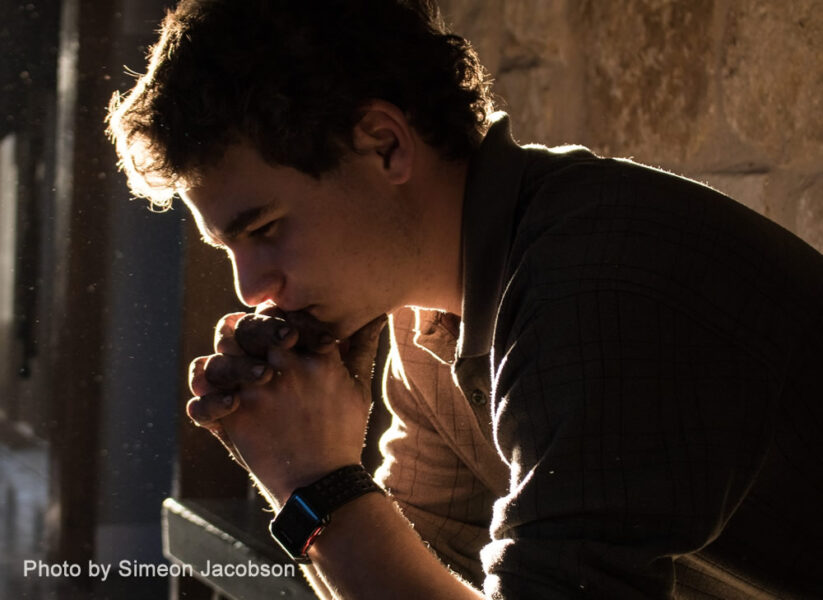
Happy New Year, Folks!
And about this coming year… a kick-off read is below.
Hugs,
Vicki

And about this coming year… a kick-off read is below.
Hugs,
Vicki

What makes life worth living? No child asks itself that question. To children life is self-evident. Life goes without saying: whether it is good or bad makes no difference. This is because children don’t see the world, don’t observe the world, don’t contemplate the world, but are so deeply immersed in the world that they don’t distinguish between it and their own selves. – Karl Knausgaard

The web is an informational paradise and a hellscape at the same time.
A boundless wealth of high-quality information is available at our fingertips right next to a ceaseless torrent of low-quality, distracting, false and manipulative information.
The platforms that control search were conceived in sin. Their business model auctions off our most precious and limited cognitive resource: attention. These platforms work overtime to hijack our attention by purveying information that arouses curiosity, outrage, or anger. The more our eyeballs remain glued to the screen, the more ads they can show us, and the greater profits accrue to their shareholders.
It is hardly surprising, therefore, all this should take a toll on our collective attention. A 2019 analysis of Twitter hashtags, Google queries, or Reddit comments found that across the past decade, the rate at which the popularity of items rises and drops has accelerated. In 2013, for example, a hashtag on Twitter was popular on average for 17.5 hours, while in 2016, its popularity faded away after 11.9 hours. More competition leads to shorter collective attention intervals, which lead to ever fiercer competition for our attention – a vicious circle.
To regain control, we need cognitive strategies that help us reclaim at least some autonomy and shield us from the excesses, traps and information disorders of today’s attention economy.

I read Elizabeth Gilbert’s take earlier and then found Tim Ferris’s joining in with “What would it look like if this were easy” … kinda mindblowing.
And now one of my favorite dudes, Oliver Burkeman chimes in…
What?
Frankly, I’ve never considered approaching what seems difficult… as possibly easy?
Love it!
And it is something I am truly going to ask myself on a regular basis!
Join me!

Happy Sunday!
Well the news has certainly been filled with what I don’t want to hear… and I keep reminding myself that the only thing I can do…beyond vote… is to imagine what some people’s childhoods must have been like in order for them to think they are coming from power when they are really making fools of themselves.
John Weiss’s blog is interesting – and a nod to John re his conclusion that power without love darkens the soul. I have included an excerpt below.
Toodles for now, Vicki
Excerpt from
For a timely gain you barter the infinities
In the delightful movie Pretty Woman, Richard Gere plays the wealthy and ruthless businessman Edward Lewis, who loves buying distressed companies and breaking them apart for profit.
But then Edward meets a pure-hearted street prostitute named Vivian Ward (played by Julia Roberts), who teaches Edward that there’s more to life than work and the thrill of busting up companies.
We may love Pretty Woman for its fairy-tale ending, but it’s important not to miss Edward Lewis’s personal and ethical transformation. He goes from busting up companies to saving one and collaborating with the company founder. Why did Edward do this?
Because power without love darkens the soul.
Deep down, Edward wanted to be a good person. He wanted to use his power for good, not evil. Maybe he realized that one day he would grow old, and that his legacy should be about the common good instead of greed, vanity, and unethical power.

Today I am featuring an AfterTalk essay on “the wars” by one of my mentors, Robert Neimeyer.
It is beyond my comprehension that we find it acceptable to order murder, period. But even more heinous? Americans taking sides and attacking and murdering Palestinians and Jews within the United States.
Over the last few weeks, I’ve been corresponding with friends and colleagues in Israel in the wake of the horrific attack on civilians on the part of Hamas, as well as talking for long hours with Muslim friends and colleagues who are following the resulting war with great concern. Tragically, we witnessed what a pogrom looks like in this deadly century, when the atrocities are captured not only in the words of traumatized survivors but even in the helmet cameras and smart phones of the murderers. Subsequently, we have been reminded—if any reminder is needed as the war in Ukraine continues to rage—of the unspeakable impact of urban warfare on civilian populations, in this case, principally in Gaza.
And yet it must be spoken. I know people of many countries and faiths who share in some measure the shock and horror of this unfolding tragedy, and whose hearts and aid go out to both the Jewish people and Palestinian civilians. There will always be xenophobia, cultural chauvinism, religious zealotry, political ambition and ethnic hatred, though we try for our short lifetimes to grow in compassion and understanding and to foster these values in all we do. But both the terrorism of Hamas and the subsequent decimation of neighborhoods and hospitals in Gaza must be repugnant to all people of conscience.
The flaring up of this seemingly timeless cultural and political rift gives further evidence that war inherently leads to incalculable casualties on both sides of any conflict, one of which is our fundamental humanity. Ensuring that basic humanitarian aid is provided to the most vulnerable populations is the minimal ethical responsibility borne by the combatants of both nations, and indeed also by the larger world community.
Just recently the Portland Institute, which I direct, partnered with Turkish psychologists to offer training in addressing the long-term effects of traumatic bereavement in the wake of the massive earthquakes that left hundreds of thousands of family members bereaved in February of this year. Only a few months ago we collaborated similarly with psychologists in Ukraine. And now, as Israeli clinicians and social workers rally to provide services to bereaved survivors of the massacre, those of us who live at great distance from the conflict may once again have the opportunity to reach out across the frontiers of our lives to respond as we can to survivors of the mounting losses, whatever their country of residence. My hope is that we will do this with cultural humility and a willingness to learn the needs of both our fellow professionals in the region, as well as the clients they serve.
The world is too small a place to allow such tragedy to go unwitnessed and unattended.
—————
Dr. Neimeyer is Professor of Psychology at University of Memphis, past President of the Association for Death Education and Counseling, Director of the Portland Institute for Loss and Transition and transition, and Chair of the International Work Group for Death, Dying & Bereavement. He has written 27 books on death and dying, and I am fortunate to have written a contributing chapter in one of them.
Copyright © 2013-14 TalkingGrief.com | A Property of Comfort Care Connection